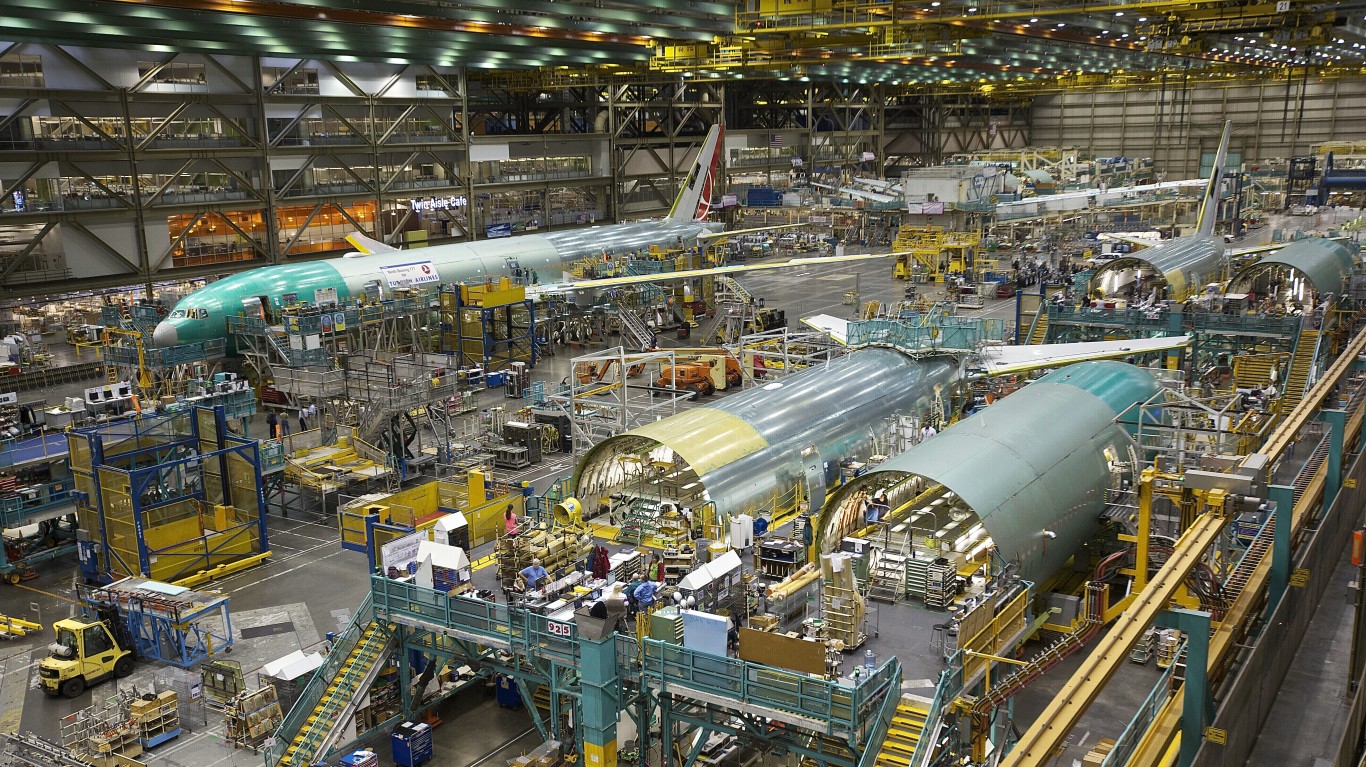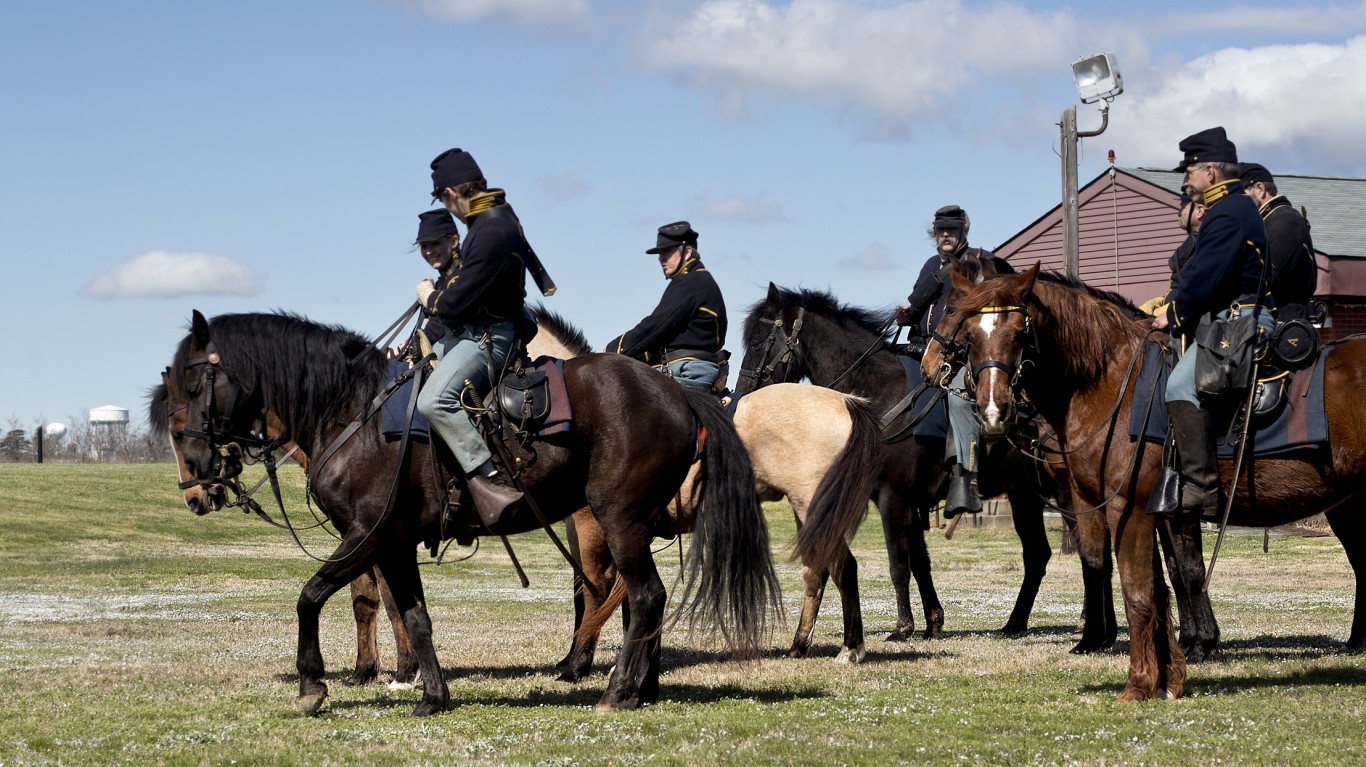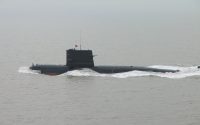
There’s no big surprise in The Wall Street Journal’s exclusive story published late Tuesday that Boeing Co. (NYSE: BA) plans to consolidate production of the company’s 787 Dreamliner at the plant in North Charleston, South Carolina. The question always has been when, not if, the decision would be made.
The article attributes the decision to end 787 production at Boeing’s Everett, Washington, plant to the coronavirus pandemic “[sapping] demand for aircraft.” That’s only a small part of the larger story.
Late in August, Boeing’s main touch labor union, the International Association of Machinists and Aerospace Workers (IAM) Local 751, alerted its members to press reports that such a move was being discussed. The union represents roughly 17,000 members in Washington and none in South Carolina. Union attempts to organize North Carolina workers have failed.
According to The Wall Street Journal, the production shift could be announced as soon as this week.
Boeing’s Everett assembly line builds 747s and 777/777X wide-body airplanes in addition to the 787 Dreamliner. Demand for these aircraft has tumbled due to the pandemic, and Boeing has been forced to choke production from around 15 planes a month to just six a month in 2021. The company plans to halt 747 production in 2022 and deliveries of the new 777X have been delayed until the same year.
Earlier this month, Boeing disclosed a new problem with 787s that had been assembled at the North Charleston facility. That disclosure followed one in August that resulted in the grounding of eight aircraft due to an issue with joining parts on the plane’s fuselage.
To add to Boeing’s woes, a 16-year dispute with rival Airbus over government subsidies to both aircraft makers is expected to take another turn soon. Reuters reported earlier this week that, according to unnamed sources, the World Trade Organization (WTO) has authorized the European Union to impose $4 billion in tariffs on U.S. imports “to retaliate against subsidies for American planemaker Boeing Co.” Late last year, the Trump administration imposed tariffs of $7 billion in imports from Europe. It’s unlikely that the European tariff will be imposed before the U.S. elections in November.
Until Boeing officially announces the move to North Charleston, we won’t know how many Washington jobs will be affected. The company employs about 30,000 workers at its facility in Everett and just 7,000 in South Carolina where Boeing has been building about five planes a month this year. If total 787 production falls, as planned, to just six per month next year, moving all production to North Charleston is virtually certain to happen in October.
In Wednesday’s premarket trading, Boeing stock was up about 0.5%, at $164.32 in a 52-week range of $89.00 to $378.70. The consensus 12-month price target on the stock is $177.36.
Get Ready To Retire (Sponsored)
Start by taking a quick retirement quiz from SmartAsset that will match you with up to 3 financial advisors that serve your area and beyond in 5 minutes, or less.
Each advisor has been vetted by SmartAsset and is held to a fiduciary standard to act in your best interests.
Here’s how it works:
1. Answer SmartAsset advisor match quiz
2. Review your pre-screened matches at your leisure. Check out the advisors’ profiles.
3. Speak with advisors at no cost to you. Have an introductory call on the phone or introduction in person and choose whom to work with in the future
Get started right here.
Thank you for reading! Have some feedback for us?
Contact the 24/7 Wall St. editorial team.
 24/7 Wall St.
24/7 Wall St.

